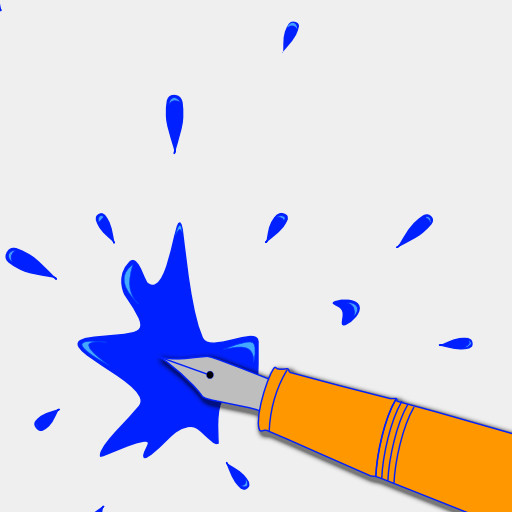Have you decided on a New Year resolution related to journaling? Maybe to start journaling? Or to journal more, or more regularly? Or you want to start sketching in your journal, or to decorate it in some other fashion? Something else?
And have you decided on a backup resolution, in case your main resolution does not go as planned?
For 2025, I’ve decided on two things related to my reading journal. They are not huge or radical changes, mind you. They’re stuff I want to get better at because I know they will help a lot my readings.
- I want to read less randomly. So, I have made a six month worth reading list (6 months to begin with, to see how well it goes) that I will stick to no matter what. My issue is that I have a real tendency to drop whatever book I’m reading and start reading whatever new or shiny book I can get my hands on, which doesn’t help me move forward in the other book(s).
- To systematically—systematically, like in ‘making it into a true habit to’—write down a short review (summary + comment) for every book I’ve read. Was well as for anything else I will watch or listen to during that same 6 months time frame. I’ve been doing that for essays and for other serious stuff already, but I’ve recently realized I could not remember that well old novels and short stories I’ve read. So, I think it’s worth doing it for those too.
My backup plan is kinda cheating as it’s there to help me not fail in my main resolutions (to read less randomly, and take more notes about the books I read):
- Take reading notes with every single book (or podcast). Not summarizing or analyzing it in any ways, just jotting down stuff and impressions as they occur to me. Like I used to do much younger, writing down in the margins or underlining passages save that this time I will not be doing it in the book itself (most of what I read is borrowed and when it is not I will give either give it away or resell it after reading). Doing that, even if I fail to write the short review in time I should still be able to quickly read through my notes and make something out of them.
- The reading list itself contains more books than I can read in six months. That is on purpose as I want to be able to switch book if I realize I can’t read one or another. For example, in that list there is Proust À la recherche du temps perdu one I’ve already tried (and failed) multiple times to read in the last 30 years. I still want to give it a chance but I know there is a high probability I will fail again and since I certainly don’t want to turn reading into a chore, if it happens once more Proust doesn’t suit me I still want to be able to switch to another author. The only thing that matters here is that I stick to the reading list.
Btw, let me know if you’re interested in looking at that list or if it’s something you would like to discuss more?
It comprises both English and French books but should cover a wide range of topics, from essays (philosophy, sociology, stuff like that) to fictions, spirituality, poetry, as well as plays. Starting with my undisputed favorite French playwright next to Racine: Molière). But fear not, if there are indeed quite a few classics in that list (some older than Molière) there is also a few more recent authors… and don’t forget it’s just for 6 months, so the second half of the year could easily and entirely be devoted to our contemporaries ;)

